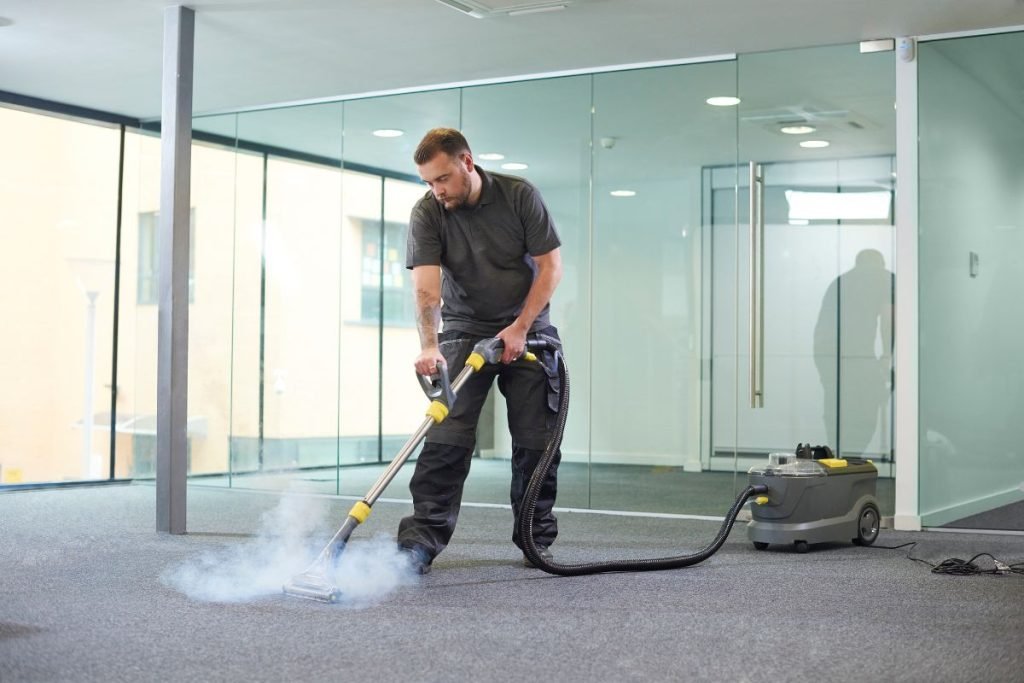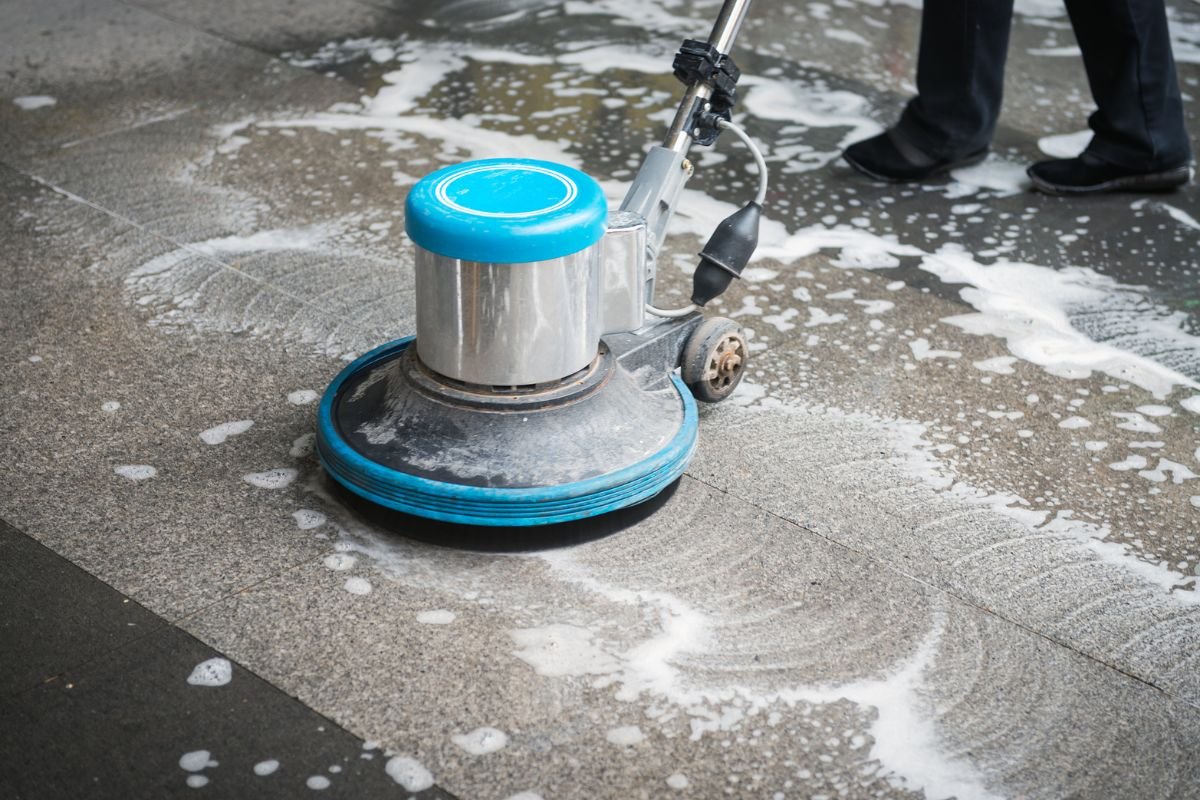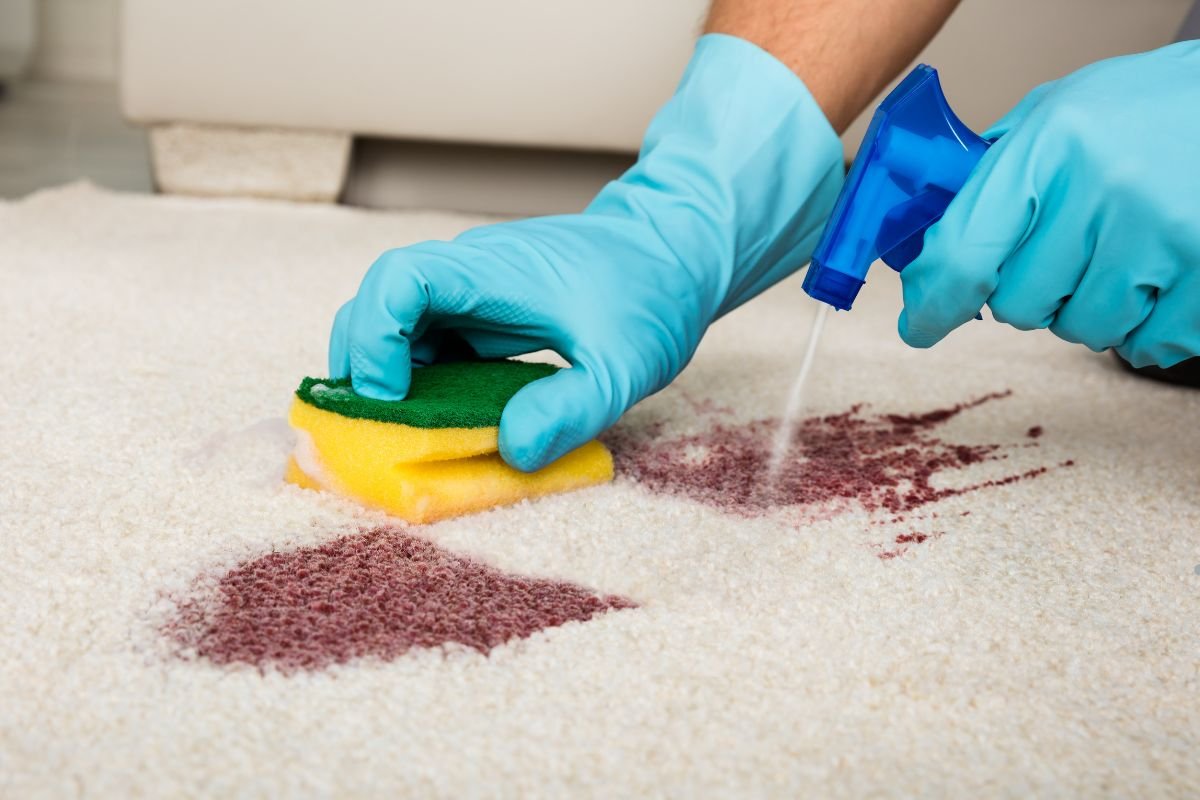
It’s a common question homeowners ask: can you skip the soaps and solutions and just clean your carpet with plain water? The simple answer is no, water alone cannot truly clean your carpets. While water can be helpful for immediate, minor spills (especially water-soluble ones), it lacks the necessary properties to break down oils, lift deep-seated dirt, eliminate bacteria, or remove stubborn stains effectively. Relying solely on water often leads to bigger problems down the road. Let’s dive into why.
The Allure of Water-Only Carpet Cleaning
The concept of cleaning carpets using only water is undeniably attractive. It offers a straightforward, budget-friendly approach while eliminating the need for harsh chemicals—an advantage for households with kids, pets, or allergy concerns. Many people wish a simple water rinse could freshen their carpets without the cost or effort of detergents or professional cleaning. But does this method truly deliver deep cleanliness? We go beyond just water to ensure your carpets are thoroughly cleaned, removing dirt, allergens, and stains effectively. Our professional carpet cleaning service provides a safe, deep clean without compromising on quality or convenience.
Can Water Alone Ever Clean Carpets?

In very specific, limited situations, water can offer minimal assistance. Think of it more as first aid than actual cleaning.
Fresh, Minor Spills (Water-Soluble)
If you spill something simple like juice or soda and act immediately, blotting the area with a damp cloth (using plain water) can help absorb some of the liquid before it sets. Speed is crucial here.
Surface Level Dust Removal (Minimal)
A slightly damp cloth might pick up a tiny bit of loose surface dust. However, this does little for the embedded dust, dirt, and allergens lurking deeper within the carpet fibers. It’s essentially just moving surface debris around.
Vinegar is a household favorite, praised for its natural cleaning power and affordability. It’s easy to see why many consider it a go-to solution for carpet cleaning. But can you safely use vinegar in your carpet cleaning machine? The short answer is yes—but with major risks. While some people do, using vinegar can potentially damage your machine, harm certain carpet fibers, void your manufacturer’s warranty, and may not deliver the deep clean you expect.Before you pour, check out our in-depth guide to see whether this DIY trick is a smart solution or a costly mistake: Can I Put Vinegar in My Carpet Cleaner? A U.S. Homeowner’s Guide.
The Big Drawbacks: Why Water Isn’t Enough
Using only water for carpet cleaning comes with significant disadvantages and potential risks. Here’s why it falls short:
Doesn’t Remove Deep-Seated Dirt and Grime
Carpets act like giant filters, trapping dirt, dust mites, soil, pet dander, and other particles deep within their fibers. Water alone doesn’t have the lifting power or the chemical action (like surfactants in detergents) to loosen and extract this embedded debris.
Fails Against Oily or Greasy Stains
Oil and water don’t mix—we all know that! Water alone can’t break down or dissolve greasy residues from food spills, tracked-in dirt, or everyday household grime. Without the right cleaning agents, these stains won’t just stay—they may spread and become even worse. Don’t let stubborn stains ruin your carpets! Call us today for a deep, professional clean!
Potential for Over-Wetting and Mold/Mildew
Without proper extraction equipment (like professionals use), it’s easy to use too much water when trying to clean. Excess moisture soaking into the carpet backing and padding creates the perfect breeding ground for mold and mildew, leading to unhealthy air quality and potential damage to your subfloor.
Risk of Wicking (Stains Reappearing)
When a carpet gets overly wet without proper extraction, dirt and residue from deep within the fibers can travel up the yarn shaft as the carpet dries. This means stains you thought were gone can reappear on the surface days later – a frustrating phenomenon known as wicking.
No Sanitization or Odor Removal
Water doesn’t kill bacteria, germs, or dust mites. It also won’t effectively neutralize the sources of odors trapped in your carpet, whether from pets, spills, or general use. True cleaning involves sanitizing and deodorizing, which water alone cannot achieve.
How to Safely Use Water for Minor Carpet Spots
If you encounter a fresh, simple spill and want to use water as immediate first aid before calling professionals or using a proper cleaner, follow these steps carefully:
Act Fast on Fresh Spills
The sooner you address a spill, the better chance you have of minimizing damage. Don’t let it sit and soak in.
Blot, Don’t Rub!
Rubbing can spread the stain and damage carpet fibers. Always use a clean, white cloth and blot gently from the outside of the spill inward, transferring the liquid to the cloth.
Use Minimal Water (Damp Cloth)
Do not pour water directly onto the carpet. Lightly dampen your cloth. The goal is to help lift the spill, not saturate the carpet.
Test in an Inconspicuous Area First
If unsure, test your blotting technique with plain water on a hidden spot (like inside a closet) to ensure it doesn’t cause discoloration.
Ensure Proper Drying
After blotting, place a dry towel over the area, weighted down, to absorb remaining moisture. Aim a fan at the spot to speed up drying and reduce the risk of mildew or wicking.
Why Professional Carpet Cleaning is Often Necessary
For genuinely clean, healthy, and long-lasting carpets, professional cleaning is the gold standard. Here’s why:
- Powerful Equipment: Professionals use commercial-grade equipment, often employing hot water extraction (sometimes called steam cleaning), which injects hot water and cleaning solutions deep into the fibers and immediately extracts the dirt, allergens, and excess moisture.
- Effective Cleaning Solutions: Pros have access to specialized, tested cleaning agents designed to break down specific types of soil and stains (including oils) without damaging carpet fibers.
- Knowledge and Experience: Trained technicians understand different carpet types and the appropriate methods and solutions to use, preventing damage caused by incorrect techniques or over-wetting.
- Deep Cleaning & Sanitization: Professional methods remove deep-seated dirt, allergens, bacteria, and residues far more effectively than any DIY water-only attempt, improving indoor air quality.
- Extended Carpet Life: Regular professional cleaning removes abrasive dirt particles that wear down carpet fibers over time, helping your investment last longer.
The Verdict: Water Helps, But Doesn’t Truly Clean

So, is it possible to clean your carpet with just water? While it may seem like a quick and easy solution, water alone isn’t enough to remove deep-seated dirt, oils, allergens, and lingering odors that build up over time. At best, it can help with fresh, minor, water-soluble spills, but it won’t provide the deep clean your carpets need. To preserve the health, appearance, and lifespan of your carpets, professional cleaning or the right carpet cleaning solutions are essential. Don’t risk mold, mildew, or stubborn stains by relying on water alone—call us today for a thorough, professional clean!
Frequently Asked Questions About Water and Carpet Cleaning
Can I use tap water to clean my carpet?
For minor blotting of fresh spills as described above, tap water is generally fine. However, some tap water has high mineral content (“hard water”) which could potentially leave slight residue over time if used excessively without proper extraction. Professional cleaners often use softened or treated water.
Will hot water clean the carpet better than cold water (when used alone)?
Hot water might slightly improve the ability to loosen some very fresh, water-soluble spills compared to cold water. However, used alone without cleaning agents and powerful extraction, neither hot nor cold water will effectively clean deep-seated dirt or oily stains, and hot water increases the risk of setting certain types of stains (like protein stains) if not used correctly within a proper cleaning process.
Does water ruin carpets?
Water itself doesn’t typically ruin synthetic carpet fibers, but improper use of water certainly can. Over-wetting without adequate extraction is the main culprit, leading to mold, mildew, carpet backing delamination (separation), browning, or wicking. Using water incorrectly on natural fibers like wool can also cause shrinking or discoloration.
What’s the difference between water cleaning and professional steam cleaning?
The term “steam cleaning” is commonly used to refer to Hot Water Extraction (HWE). While HWE does use hot water, it also incorporates specialized cleaning solutions that are injected under pressure, followed by powerful vacuum extraction. This process effectively removes water, cleaning agents, and embedded dirt almost instantly. In contrast, basic “water cleaning”—which relies solely on manual methods like blotting—lacks the necessary cleaning agents, heat control, pressure, and extraction power required for a true deep clean. For a professional, thorough carpet cleaning that goes beyond just water, contact us today!
